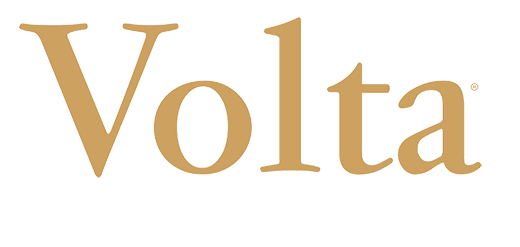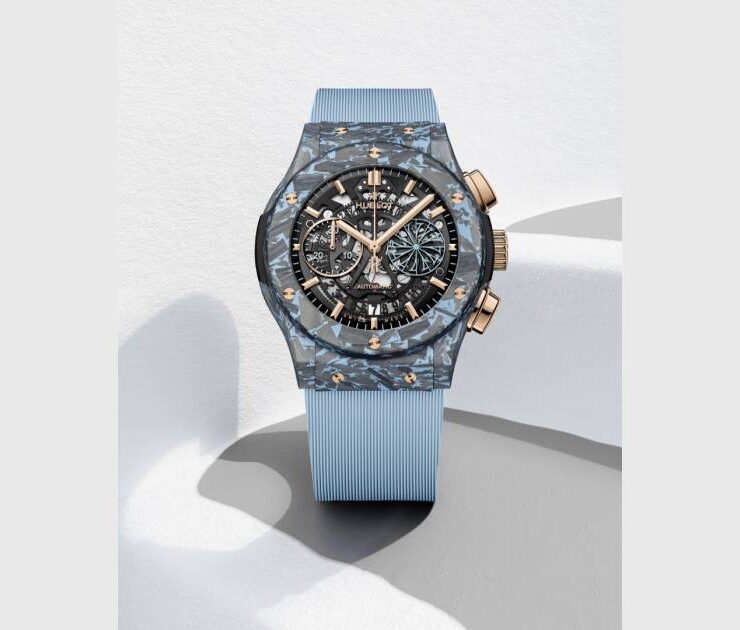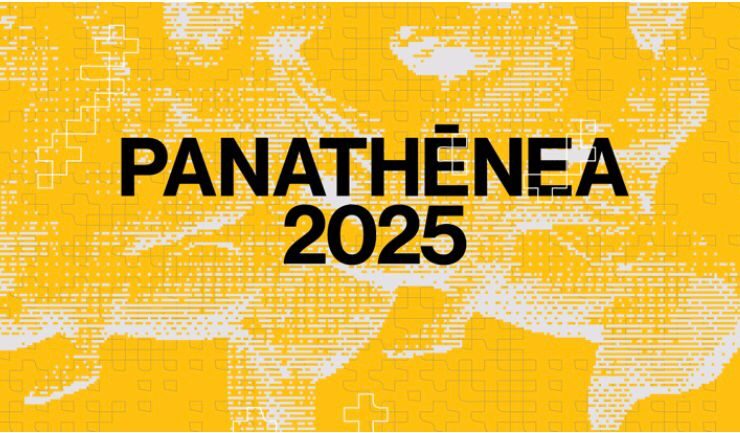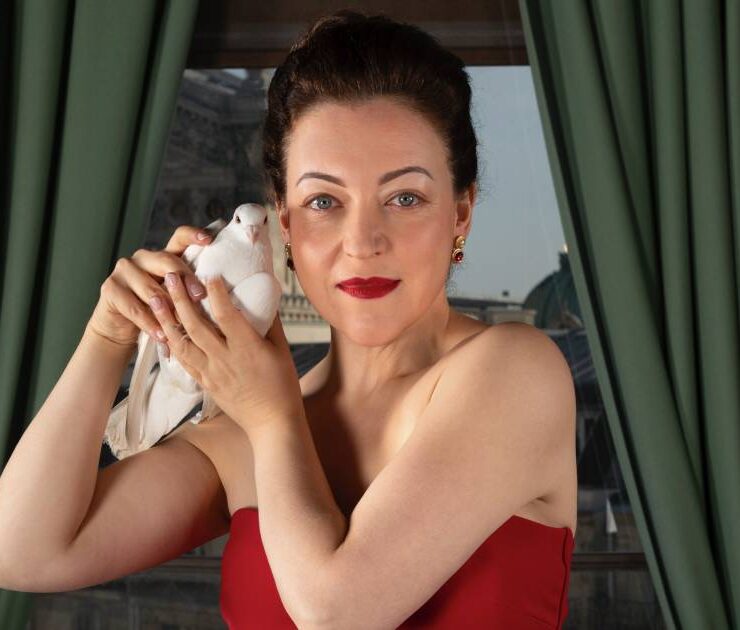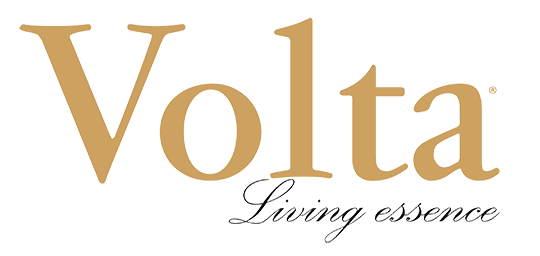Georgia Kouvela-Piquet: Founder & President of the Hellenic-French Academy of Cultural Diplomacy
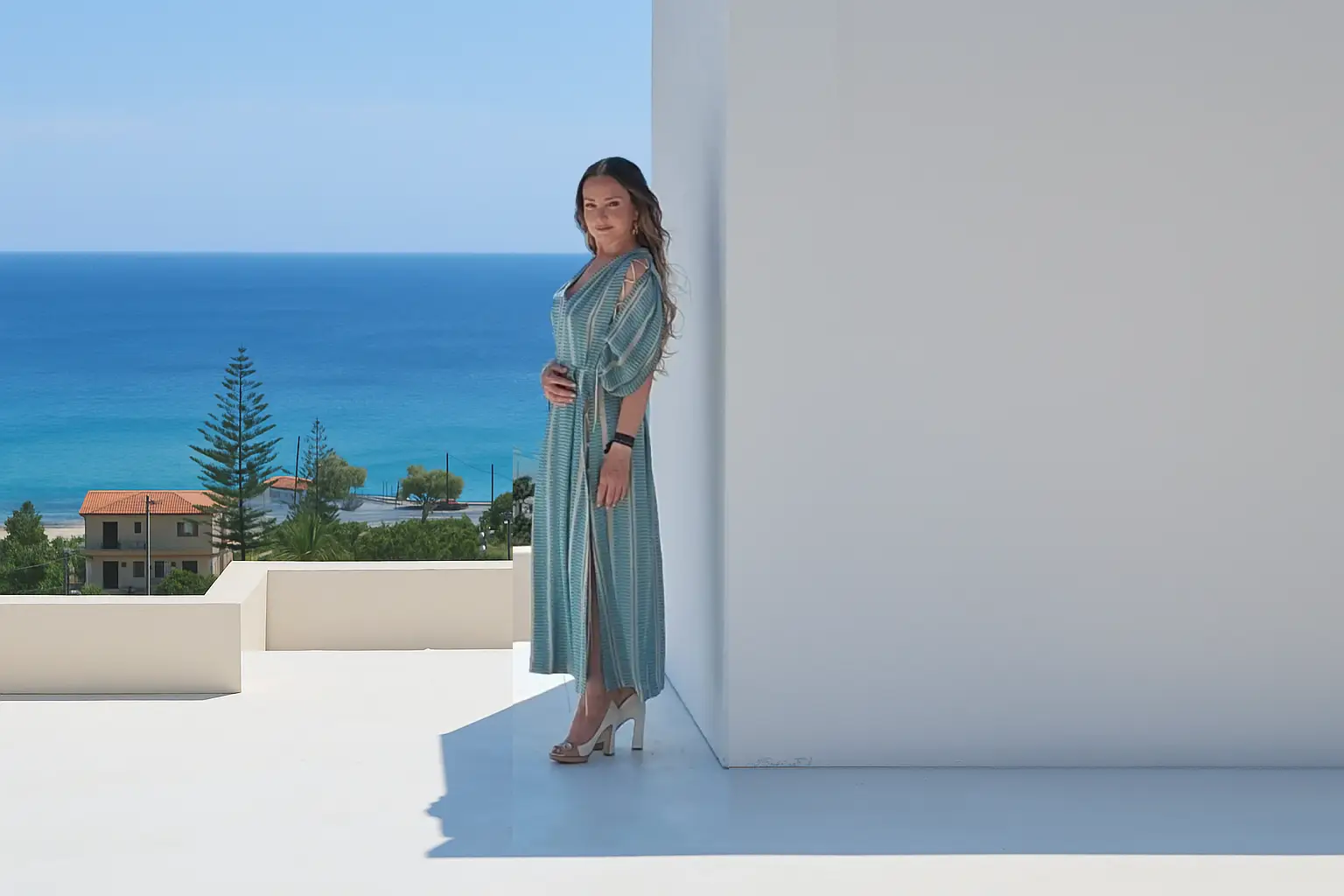
The Lady of Hellenism, Justice and Cultural Diplomacy in France
In a world that is transforming rapidly, the need for bridge-building individuals is more urgent than ever. Georgia Kouvela-Piquet, a successful lawyer with an international presence, is a modern woman of the Greek diaspora who has transformed her legal background into a tool of Cultural Diplomacy. Based in Paris but with Greece always in her heart, she moves seamlessly between courtrooms, university lecture halls, and Europe’s great cultural venues. Founder and President of the Hellenic-French Academy of Cultural Diplomacy in France, cultural liaison with prominent figures in European public life, and internationally awarded for her contributions to intercultural dialogue, Georgia embodies a new role for culture on the global stage—not as a luxury narrative, but as a tool for mutual understanding and peace. In the following interview, she speaks to us about her mission, the challenges of living a life between justice and culture, and how Greek identity can be expressed dynamically in today’s world.
Interview: Fotini Androulaki • Photography: Yannis Zindrilis, Open Studio WHITE IN BLUE • Make up artist: Maria Vogiatzi • Styling: Chris Andriopoulos – Brand: Zeus + Dione
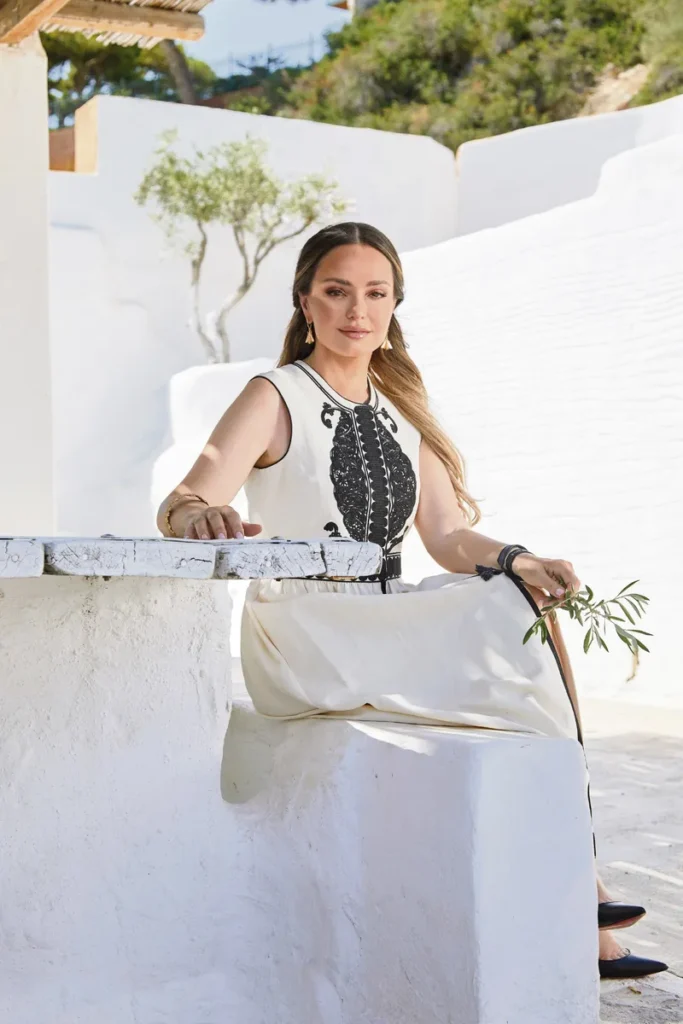
You’ve chosen to follow a dual path: on one hand, a top international lawyer; on the other, a passionate cultural ambassador. Was there a moment or experience in your life that pushed you to unite these seemingly different directions?
Professionally, I’ve had the opportunity to meet people involved in Cultural Diplomacy, expressed through diverse activities. During my legal studies, I lived in a country with a different cultural background. There, I witnessed how crucial legal support is in promoting cultural heritage and human dignity. That experience opened my eyes to how the two fields can complement each other. As a lawyer, I have the tools to understand and defend people’s rights, while cultural diplomacy allows me to promote understanding and solidarity among nations. I decided to merge these two paths to offer a more holistic approach to the challenges that communities face on an international level.
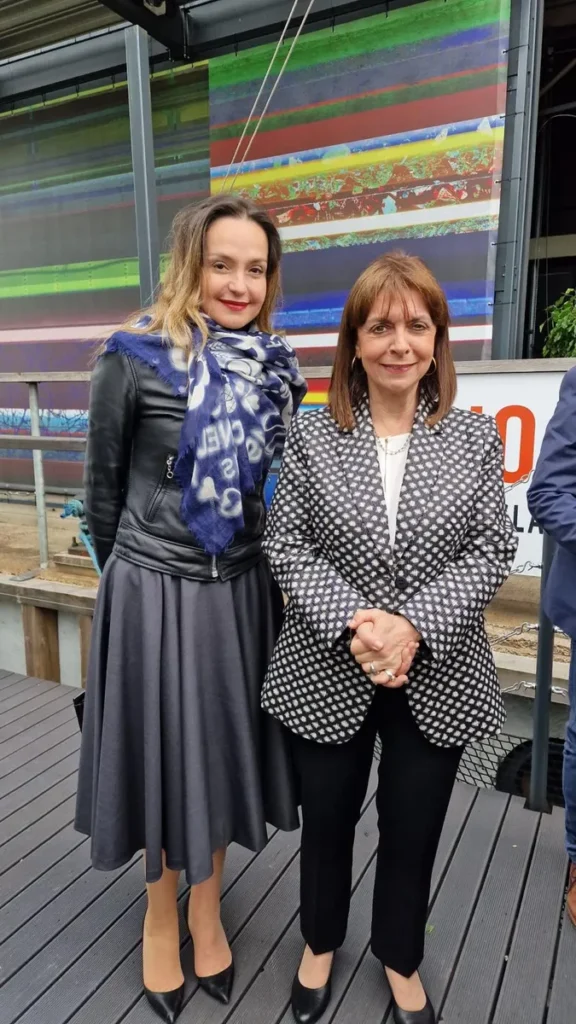
What was your vision for the Hellenic-French Academy of Cultural Diplomacy and how do you see it evolving within the European cultural landscape?
The Academy was designed with the vision of enhancing and promoting cultural dialogue between Greece and France. Its purpose is to serve as a cultural bridge, bringing together artists, academics, and communities. I see the Academy evolving dynamically within the European cultural scene, investing in partnerships that highlight Europe’s cultural heritage and values. Through exchange programmes, exhibitions, and conferences, I believe the Academy will help build a rich and multidimensional cultural landscape, fostering cooperation and mutual understanding among European nations.
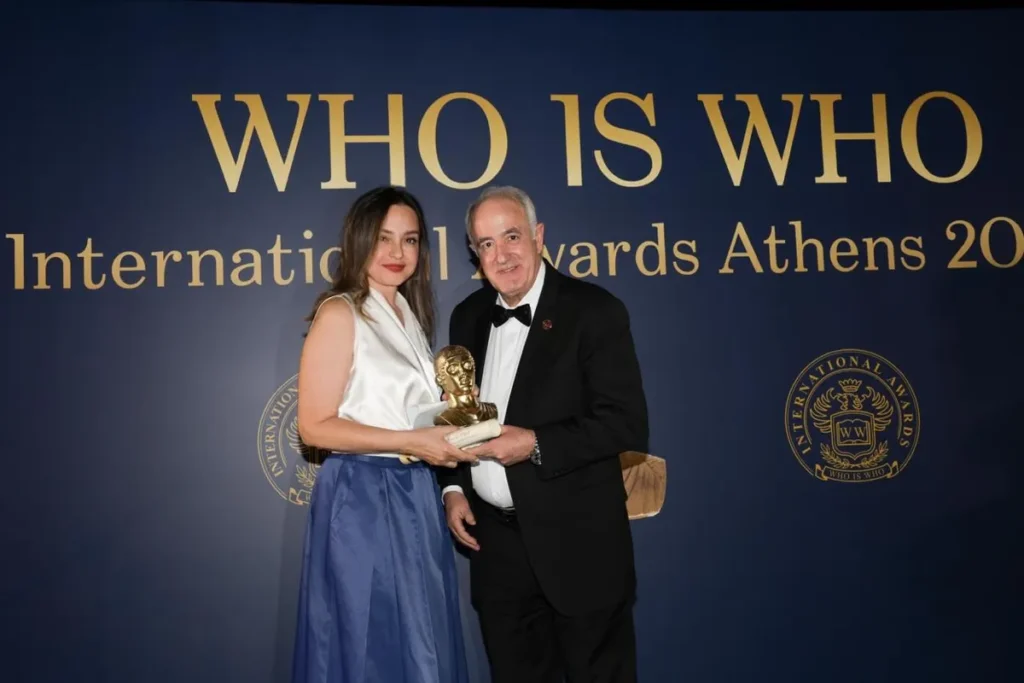
In your legal role, you engage with some of the most influential figures of the French elite. How does this strong network benefit Greece’s cultural image abroad?
I firmly believe that all Greeks of the diaspora who live and thrive around the world must be proud ambassadors of our homeland. As a Greek of the diaspora, I feel this responsibility deeply. Strengthening ties with the French elite through my Greek and French professional activity brings multifaceted benefits to Greece’s cultural image abroad. A strong network allows Greece to showcase its rich cultural heritage, its arts, and its history on an international stage. Networking creates opportunities for strategic collaborations between countries and communities. We can promote initiatives focusing on Greek cultural events, artist and legal exchanges, and educational programs.
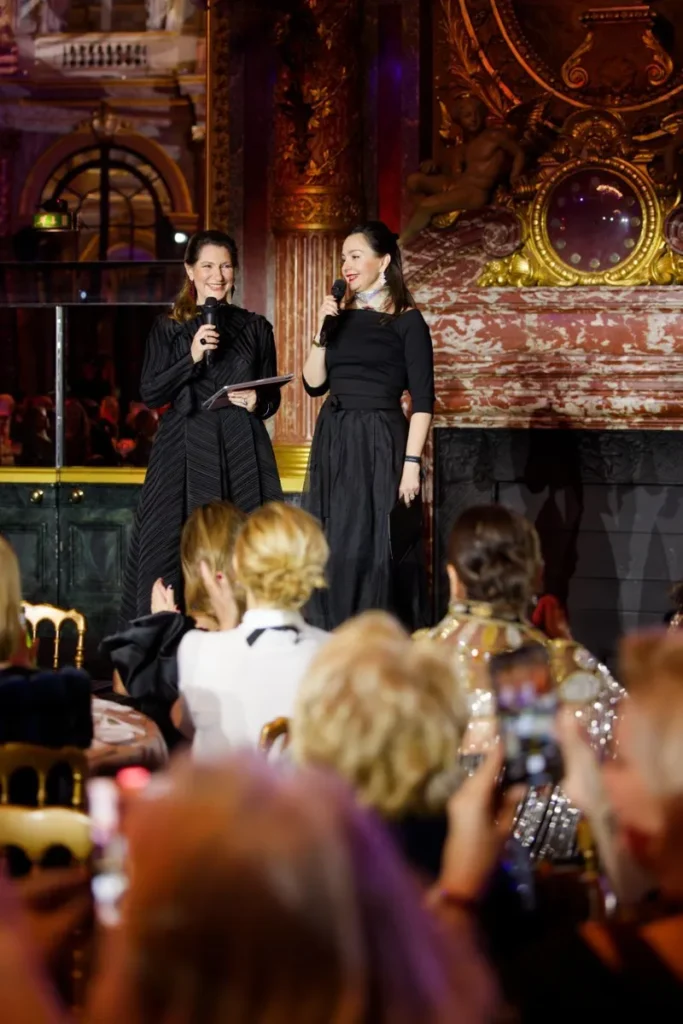
As a professional woman, mother, and cultural ambassador, how do you manage the tension between a demanding daily life and the need for reflection and creativity? Is there a “secret to balance”?
Balancing multiple roles in my life is a constant challenge. Over time, I’ve realized that self-organization and flexibility help me schedule my time in a way that, above all, includes the people I love. My “secret to balance” is the principle of prioritization—setting clear priorities—combined with exercise and meditation, which help me maintain focus and clarity. At the same time, the support of my family and colleagues is crucial, as it allows me to save time and energy so I can dedicate myself passionately to my creative pursuits.
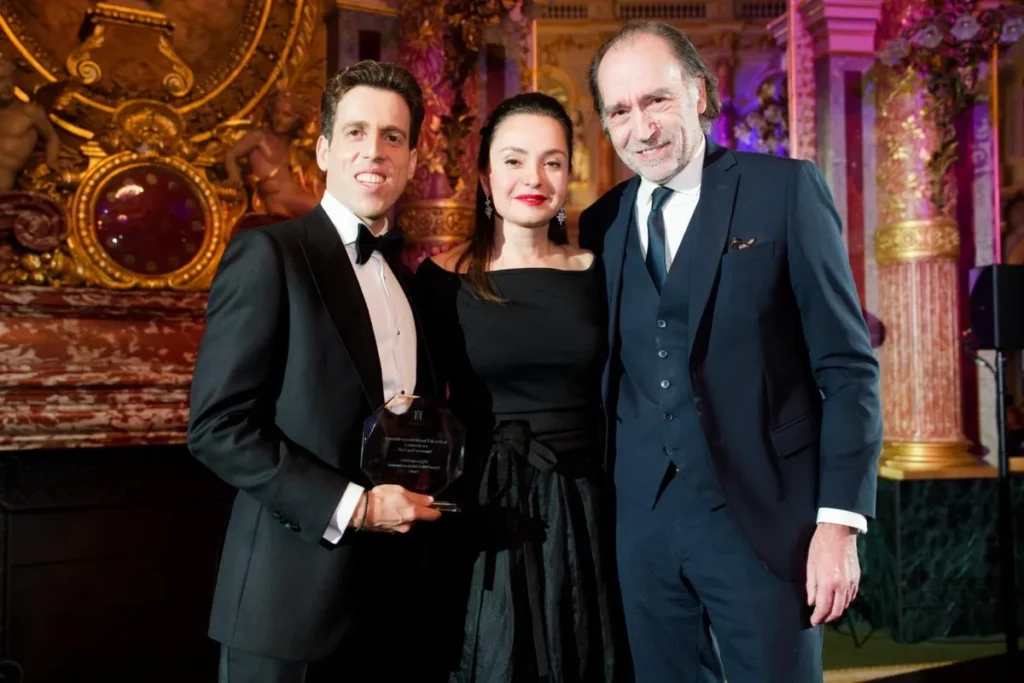
The Greek diaspora plays a special role in preserving and projecting national identity. How do you perceive the concept of the “modern global Greek,” and where do you see your role in that context?
The Greek diaspora plays a pivotal role in preserving and promoting national identity. I see the “modern global Greek” as someone who combines a deep connection to Greek heritage and values with a global outlook. This is a person who incorporates elements of Greek cultural identity into contemporary life, while remaining open-minded and eager to collaborate with other cultures. In this context, my role is to promote that cultural heritage and Greek values abroad. Through participation in cultural events, collaborations, and initiatives, I aim to strengthen the voice of Greeks in the diaspora. I believe that promoting modern Hellenism is inherently linked to embracing and integrating it into a broader cultural framework—something that can be achieved through effective communication and support. The Greek diaspora has the potential to act as a cultural bridge, deepening the connection between Greeks abroad and their homeland, while also contributing to broader cultural and social interactions on a global scale.

You’ve worked with prominent figures in the arts and intellectual life—from Eleni Arveler to Mimi Denissi. What does the word “alliance” mean to you when it comes to cultural promotion?
For me, the word “alliance” in cultural promotion means building a strong network of collaborations between individuals and organizations who share common values and goals. Working alongside leading figures in science, the arts, and intellectual circles, I’ve seen firsthand how the power of the collective can greatly amplify our impact. Together, we can enhance the visibility of Greek scientists, thinkers, and artists, promote joint events, and achieve greater acceptance and recognition of Greece’s cultural heritage. Ultimately, alliances are essential to building a unified voice—one that speaks louder and has greater influence in promoting our culture on the international stage.
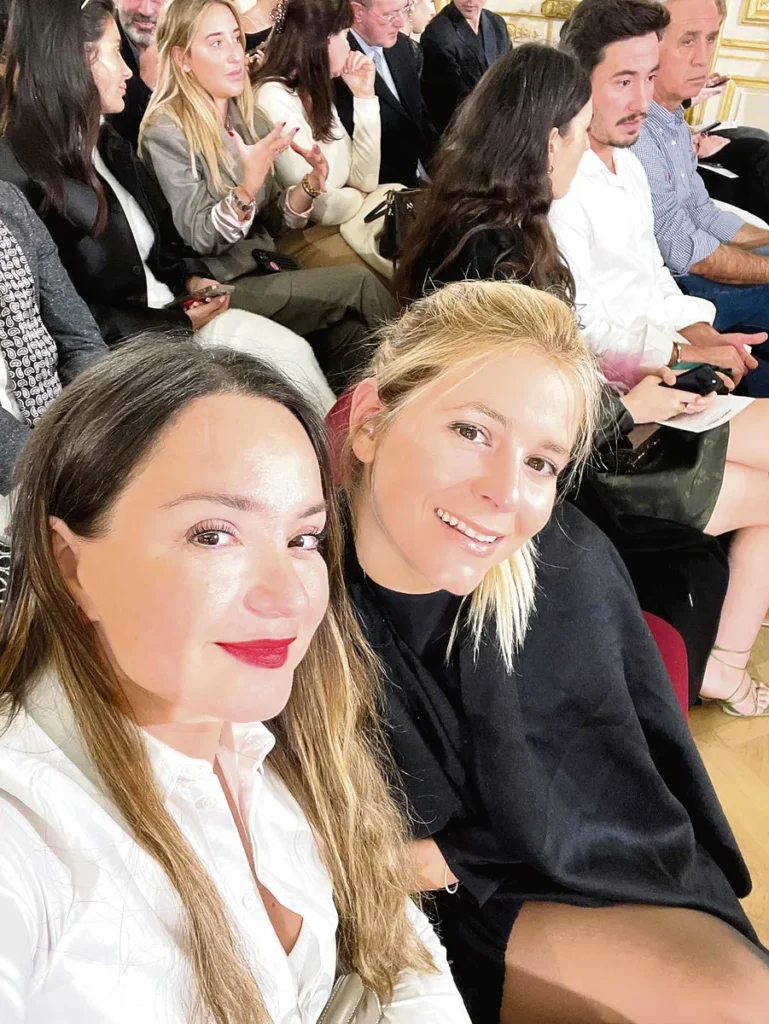
In a time when culture often takes a back seat to economic or technological priorities, what do you believe is its place today? Is it still a force for change, or merely a symbol of memory?
To ensure we don’t forget our history, we must hold on to symbols of memory. But we also need creation. Culture is a powerful force and a tool for promoting social change and solidarity. It strengthens communities and advances cultural heritage. In an era where economic and technological priorities emphasize development and innovation, culture still has the power to provide answers to social, political, and humanitarian issues. We need it as much as we need oxygen and sunlight. Culture embeds values and ideas that help us make sense of the world and invent new approaches. Through science, art, literature, theater, and other cultural expressions, artists and intellectuals foster dialogue and awareness, shaping social consciousness and encouraging critical thinking. Ultimately, when used effectively, culture is not just a look back at the past—it’s a dynamic force that can help shape a better present and future.
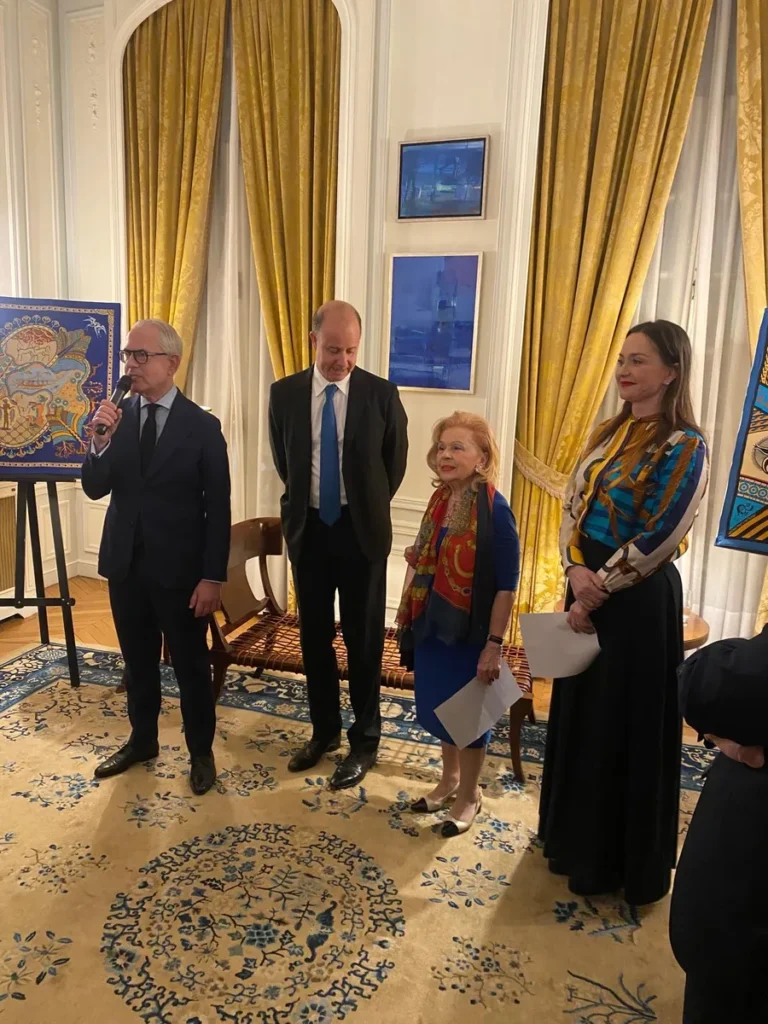
In closing, if we asked you to choose one Greek word that encapsulates your philosophy and your impact as a Greek of the diaspora, what would it be and why?
If I had to choose one Greek word that sums up my philosophy and impact as a Greek of the diaspora, it would be “synenosi”— unity and collaboration for the common good. In a time when differences and distances prevail, I believe our ability to bring together different cultures, ideas, and people is vital. This word also echoes my commitment to promoting Greek cultural identity while simultaneously integrating and exchanging experiences with other cultures. I’m convinced that only through unity can we build a stronger, more creative, and culturally richer global community—both for ourselves and for future generations.
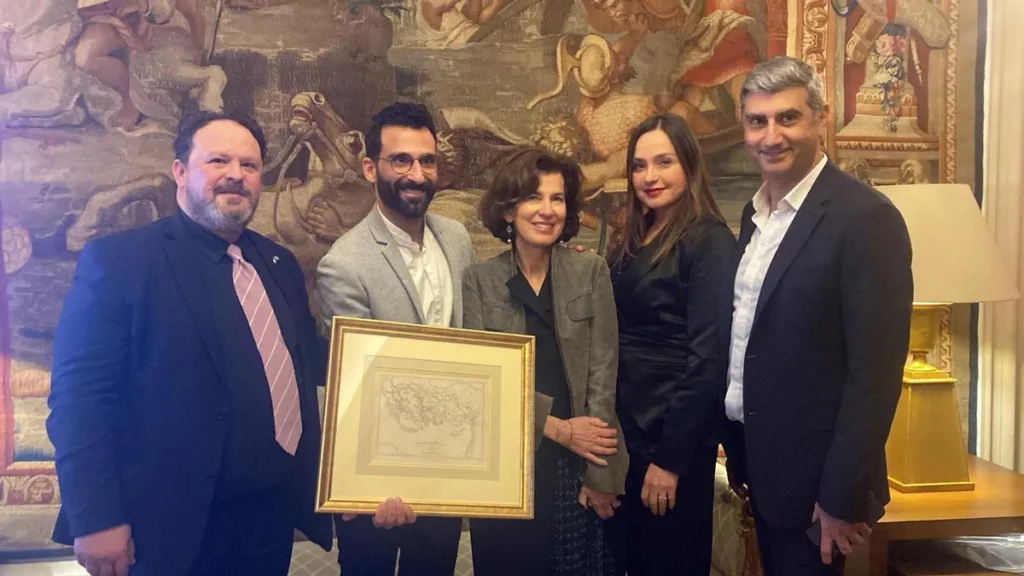
Thank you!
